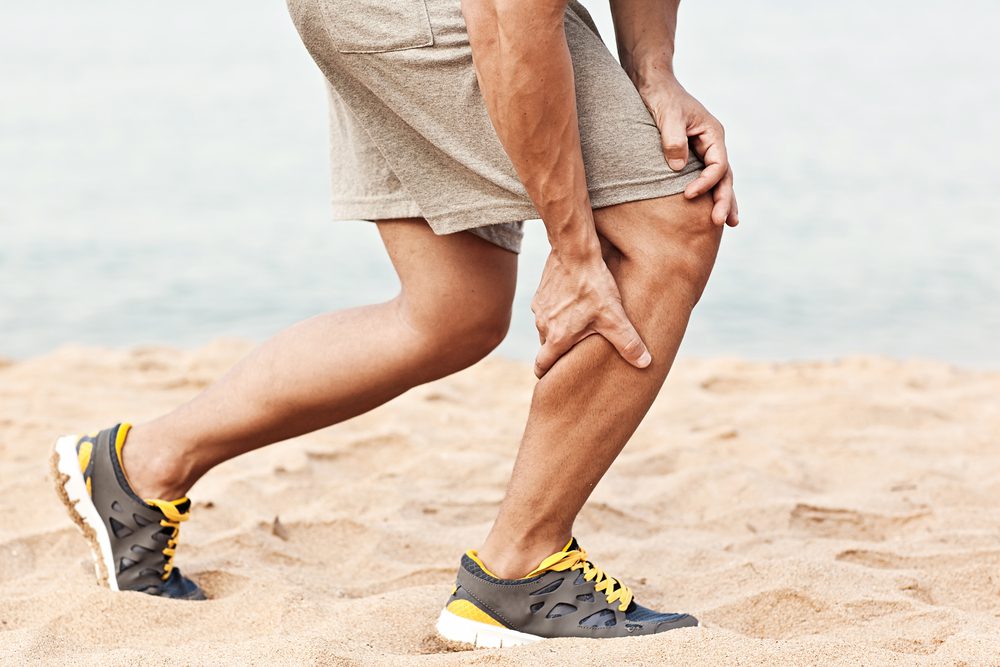
3. You Experience Muscle Spasm and Cramps
Other sneaky signs of hypocalcemia are muscle spasms and muscle cramps. As symptoms get worse over time, muscle cramps become more common (especially in your calf muscles), and you may develop stiff, achy muscles. This happens because calcium is essential for helping muscles contract and relax, according to doctors.
When your muscles don’t get the necessary amount of calcium they need, neurons become unstable and fire spontaneously, which leads to painful muscle contractions, also known as tetany. If you experience this kind of muscle symptom often and don’t know the cause of it, talk to your doctor about checking your calcium levels.




















1 thought on “6 Subtle Signs of Calcium Deficiency in Seniors”
very good article. Gave details on the many functions of calcium and bodily functions this effects. I believe this info would be of help to many people. There has to be a balance (homeostasis) of calcium, K2, D3 and magnesium in order for correct amount of calcium to be in our cells.